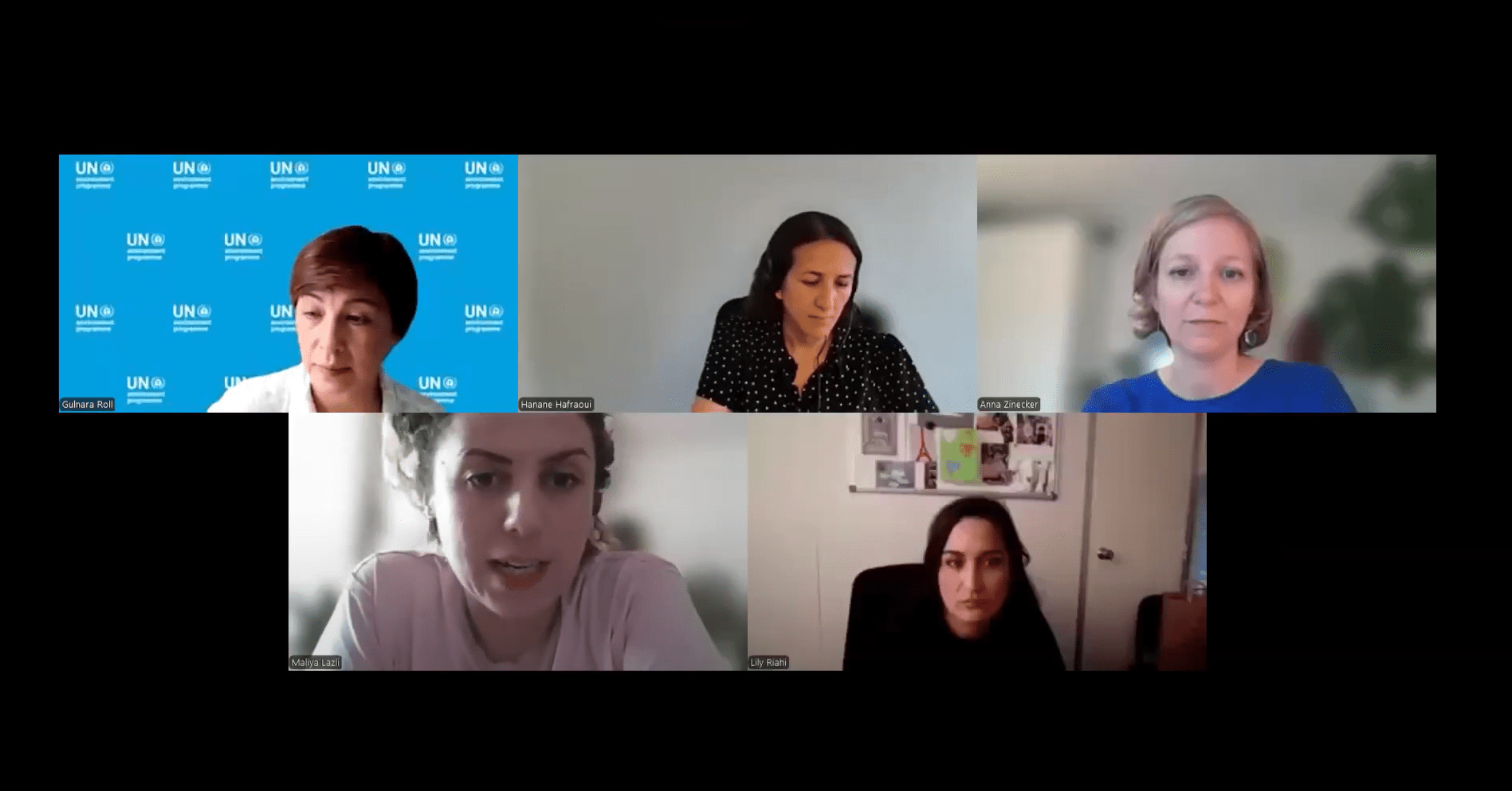With a warming planet, growing population and developing economies, the global demand for cooling is set to triple by 2050. To address the rising demand for energy and curb the release of toxic gases into the atmosphere, in 2018 the Basel Agency for Sustainable Energy (BASE) launched the Cooling as a Service (CaaS) initiative, which significantly accelerated the uptake of clean, energy-efficient cooling technologies around the world in a way that targets sustainable business growth and mitigates the impact of cooling on the climate.
The initiative established an alliance, which today has more than 70 companies on board, and its business model has been implemented in a variety of sectors and buildings, spanning education to healthcare, industry to commerce. The model is based on the servitization strategy, through which customers purchase cooling, rather than having to invest in and operate the infrastructure needed for cooling. By removing the hurdles of high upfront investment and operation and by aligning incentives towards efficiency, the model powerfully tackles the need for cooling and addresses its impact on climate change.
Applied in agricultural cold chains, CaaS enables access to cooling for small- and medium-scale farms, increasing the quality and value of food, and reducing waste. Every year, farmers in India incur nearly USD 12,520 million in post-harvest losses due to inadequate storage facilities and a lack of energy infrastructure. 25 to 35 percent of cultivated food is wasted due to a lack of proper refrigeration and other supply chain bottlenecks, and only 6 percent of the food produced in India currently moves through the cold chain. To make matters worse, information asymmetry and the lack of quality consciousness, crucial for setting the price of crops, lower farmers’ ability to monetize on their produce and earn proportionately to their original investment. Many other countries face similar problems.
To address these problems, BASE and the Swiss Federal Laboratories for Materials Sciences and Technology (Empa) came together under the data.org global innovation challenge to launch the Your Virtual Cold Chain Assistant (Your VCCA) initiative in India, which was later expanded to Nigeria with the support of the German Federal Ministry for Economic Cooperation and Development (BMZ) and the Deutsche Gesellschaft für Internationale Zusammenarbeit (GIZ). Your VCCA enables smallholder farmers to access cold storage by paying per crate per day and to leverage market intelligence via an open-access, data-driven mobile application.
Cold storage providers in India and Nigeria are adopting the app to digitize key processes, such as introducing a digital inventory, which can help operationalize CaaS. Through these processes, the app provides users with post-harvest expertise to predict the shelf life of produce in storage rooms, equipping farmers with the information and technical support required to secure the best possible price for their produce.
Source: SEforALL



